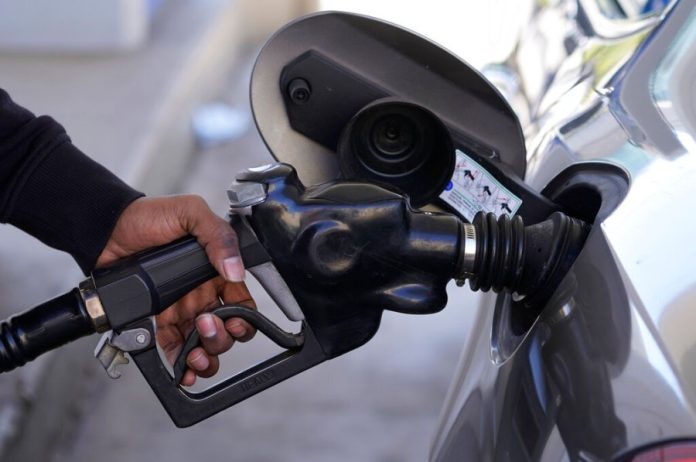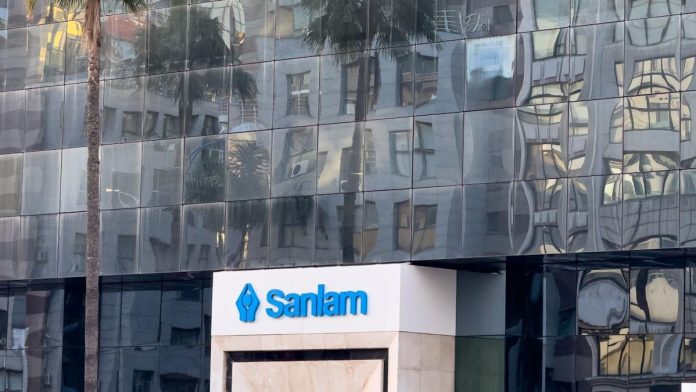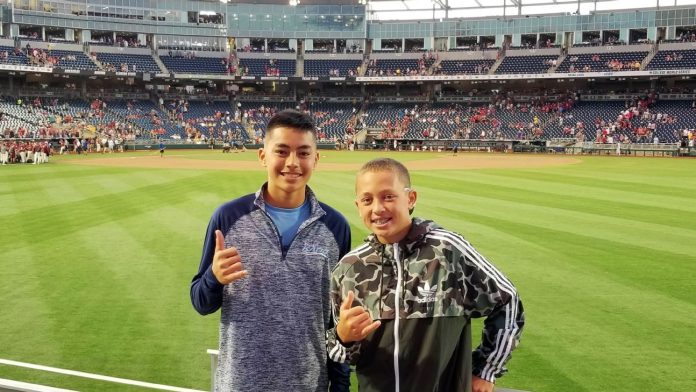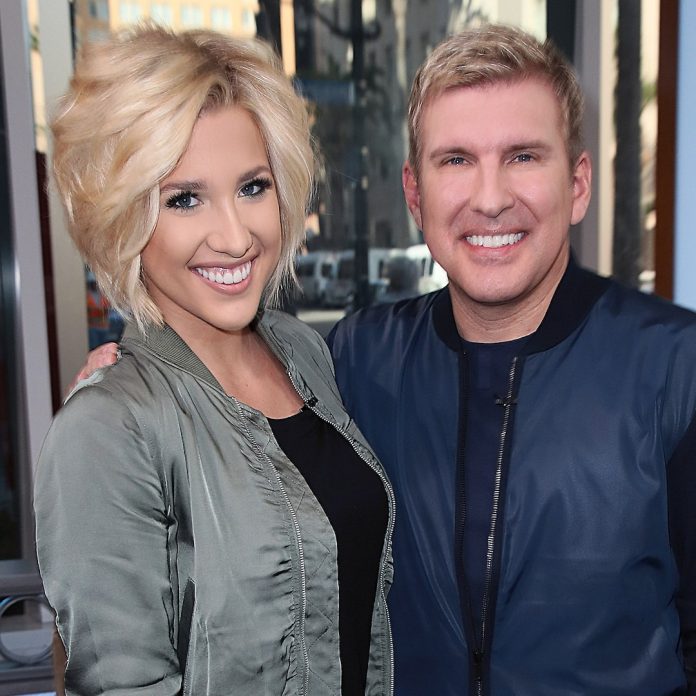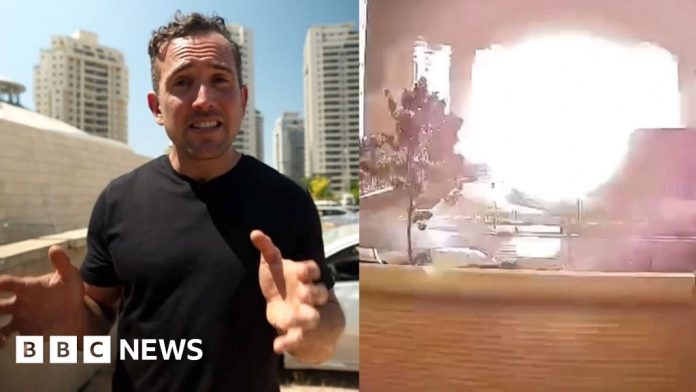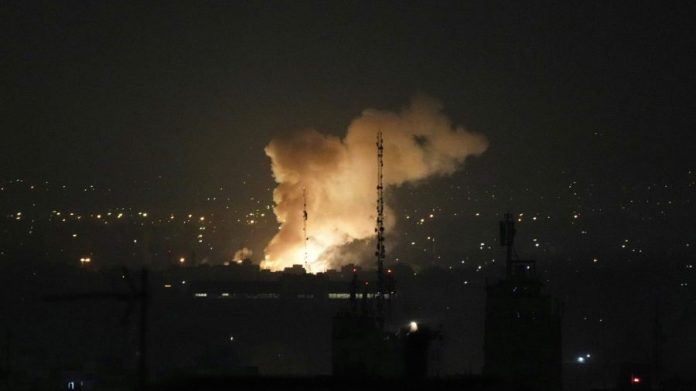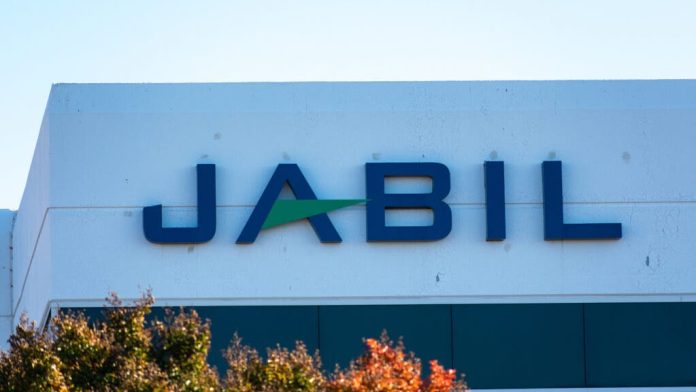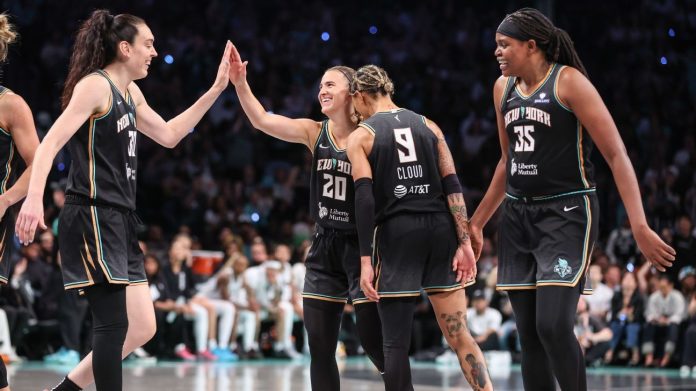
In the crisis-filled environment of the Trump presidency, it is difficult to decide which of the many outrages du jour most deserves our attention. However, we cannot afford to ignore the current battle over who will pay the rapidly rising costs of climate-intensified weather disasters.
A longstanding legal principle is that polluters should pay to prevent, reduce, or repair the damages they cause. The fossil energy industry disagrees. It is fighting in the courts, lobbying Congress, and enlisting President Trump in its fight to avoid responsibility.
But whether it wins or loses, the astronomical and rising costs of weather disasters will come out of every American’s pocket. That will be inevitable if the U.S. remains addicted to fossil fuels.
To understand what’s happening — and what should happen — we can go back to the tobacco wars of the last century. In the mid-1950s, individuals began suing tobacco companies for health damages from smoking. Forty years later, state public health programs had become so expensive that states sued tobacco companies to recoup the costs.
By the 1960s, tobacco companies knew that nicotine was addictive. They knew as early as the 1940s that smoking was linked with cancer, but they denied and tried to cover up these effects. In 1998, the four largest tobacco companies finally agreed to a historic settlement with states. In addition to admitting the cancer connection, the companies agreed to pay states billions of dollars annually in perpetuity to support public health programs.
The link between fossil fuel pollution and climate change emerged similarly. As early as the 1950s, major oil companies learned that the combustion of their product was causing the Earth to warm, the climate to change, and the weather to become more violent. Industry leaders decided to follow the tobacco playbook.
They conducted “a campaign of deception, disinformation, and doublespeak” with “dark money, phony front groups, false economics, and relentless exertion of political influence,” according to Sen. Sheldon Whitehouse (D-R.I.), who participated in a congressional investigation of the oil industry’s practices last year.
The deception campaign is still underway. In 2024 alone, the industry spent $153 million and deployed nearly 730 lobbyists to influence policymakers. Oil companies and their allies spent more than $135 million on elections. Counting the cost of advertising to promote fossil fuels, oil and gas trade associations spent $1.3 billion between 2008 and 2018, according to a study in 2022.
Since 2017, about three dozen state and local governments have sued oil and gas companies to recover the costs of weather disasters and future investments in climate resilience. Although the bases of the lawsuits vary, they reflect the polluter pays principle and are supported by attribution science, where scientists say they can determine, to a degree admissible in court, how much a specific oil company has contributed to a weather disaster.
Unlike Big Tobacco, Big Oil does not accept responsibility. It wants Congress to give it immunity from lawsuits. The industry likes the 2005 precedent in which Congress gave immunity to gunmakers from liability for deaths and injuries resulting from unlawful misuse of firearms. Big Oil’s attorneys argue that energy consumers, not energy companies, are the polluters.
On March 9, oil executives met with Trump to ask for help quashing the lawsuits. Trump responded on April 8 with an executive order that described the state litigation as “extortion,” “ideologically motivated,” and beyond the states’ legal authorities. He ordered the U.S. Attorney General to stop states from enforcing climate liability laws and programs like carbon trading.
The Justice Department has complied by filing complaints against New York and Vermont laws that hold oil companies responsible for climate damages. It has also filed preemptive lawsuits to prevent Hawaii and Michigan from passing similar laws.
The state and local lawsuits have had mixed results so far. However, with climate damages growing, the noose may be tightening around Big Oil. Recent litigation addresses the industry’s culpability differently. A Seattle woman has filed the first wrongful death lawsuit against oil majors. Her daughter was one of 1,400 people who died from heat exposure during the Pacific Northwest’s record heat wave in 2021. In Puerto Rico, 37 municipalities filed a RICO suit, which is more commonly used against organized crime. They alleged the industry’s misinformation about climate change was partly responsible for nearly 3,000 deaths from Hurricane Maria.
Trump is helping the oil industry in myriad other ways as well. The Environmental Protection Agency says it will stop regulating greenhouse emissions from power plants. Trump declared an energy emergency to relax environmental standards for oil production. He has discontinued federal climate research and even crippled the government’s role in weather forecasting. His administration has canceled $14 billion in clean energy projects. As approved by the House, Trump’s “big beautiful” reconciliation bill would “sunset, repeal, or restrict nearly every major clean energy tax credit” Congress passed three years ago.
Turning reality on its head, Trump claims that curbing fossil fuel pollution threatens “American energy dominance and our economic and national security.” Yet history shows repeatedly that oil addiction is the greatest threat to economic stability and national security.
Now, the threat is Trump’s sabotage of America’s shift to clean energy and the opportunity to dominate one of the world’s greatest emerging markets.
Despite all the distractions, middle Americans should pay close attention to this buck-passing on the rising costs of weather disasters. So long as the nation’s fossil-fuel addiction persists, every outcome leads to their pocketbooks. If oil and gas companies are found liable, they will pass the costs to consumers. If governments end up with the bill, taxpayers will pay. If insurance companies pay, everyone’s premiums will rise.
Recent studies estimate that climate change costs the world $16 million per hour, will cost the global economy $38 trillion annually within 25 years, and could cost a “typical” American child born last year as much as $1 million during their lifetime.
Because of past and current energy pollution, more extreme weather and costs are inevitable. The only way to stop the economic bleeding is to shift to 100 percent clean energy as quickly as possible.
William S. Becker is a former U.S. Department of Energy central regional director who administered energy efficiency and renewable energy technologies programs. He is executive director of the Presidential Climate Action Project, a nonpartisan initiative that is not affiliated with the White House.

